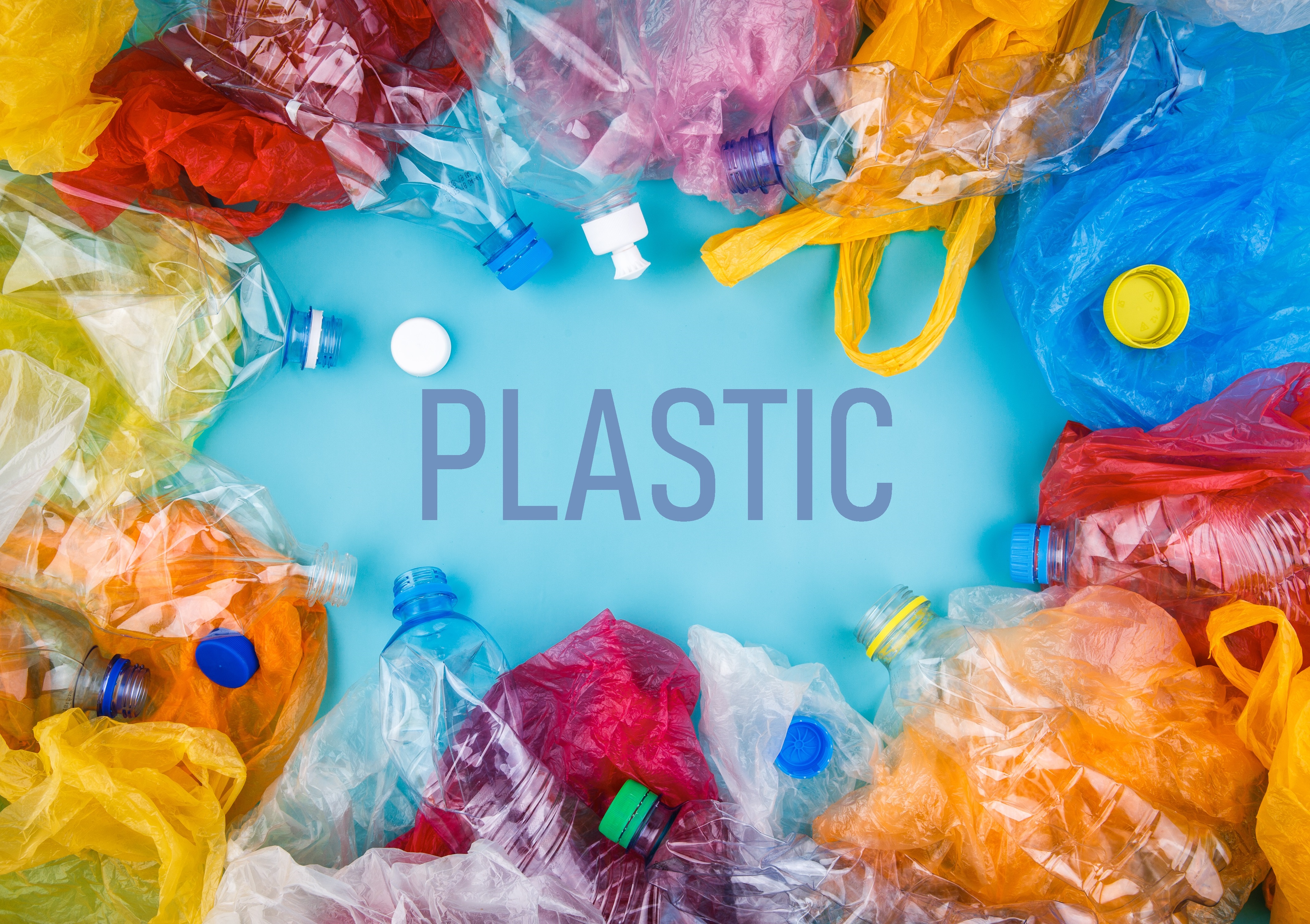Upcycling Plastic Waste through
Plastic Innovation in Asia
2020/11/18

Photo by Mykolastock on Shutterstock
Upcycling Plastic Waste through Plastic Innovations in Asia
Imagine travelling around the world with a suitcase made of plastic waste. It seems like an unfathomable idea, but the folks at Samsonite have made it a reality. Last year, the luggage manufacturing giant introduced a range of luggage and bags made with a material known as Recyclex. This material is specially created using “100% post-consumer plastic bottles” and it is designed to be long-lasting and sustainable.
This pilot project by Samsonite in upcycling plastic waste into top-of-the-line products has proven to be a beacon of hope, especially in Asia, which has been battling plastic pollution for years. The lack of a proper plastic waste disposal system, coupled with poor sanitation in many Southeast Asian countries, has resulted in the region becoming a significant contributor to plastic waste.
The top five countries with a plastic waste mismanagement problem are all in Asia, with China being the most significant contributor, followed by Indonesia, the Philippines, Vietnam, and Sri Lanka. According to the last known research into plastic waste management in 2010, China was producing 59.08 million tonnes of plastic waste per year, and the trajectory that researchers predicted the country was on for the next 15 years showed no indication that this number would decrease. Indeed, it is expected that by 2025 China will contribute more than 25% of the world's plastic waste pollution.
Despite already battling this large-scale problem of plastic waste management, as of last year Asia was still producing the highest amount of plastic – approximately more than half of what the entire world was making. The only feasible solution for Asia to adopt to mitigate this problem is to upcycle plastic waste through plastic innovations, the way Samsonite has.
Indonesia has proposed adopting a “circular economy” in its efforts to reduce plastic waste by 70% by 2025. The concept of a circular economy allows the country to recycle and reuse the plastic it produces in ways that minimise plastic pollution, including upcycling.
XSProject, an environmental organisation from Jakarta, has begun to adopt plastic upcycling through innovation by collecting plastic waste from trash collectors in the city, as well as discarded billboards and banners. Using heating and stitching processes, the company produces a variety of products, including pouches and reusable bags. Their plastic innovation projects have allowed XSProject to prevent more than 50 tonnes of plastic waste from being released into the environment and to produce more than 100,000 upcycled products.
Upcycling through plastic innovation projects is not just done on the grassroots level in Indonesia. For example, The Body Shop Indonesia has joined up with a social enterprise, Greeneration Indonesia’s Waste4Change, to get their plastic waste recycled and upcycled. This collaboration allows them to repurpose plastic bottles that are being thrown away into brand new products with purpose and value, through the concept of plastic innovation. This effort by The Body Shop is not just limited to Indonesia, but is operating across the world, as the company aims to reduce and eventually eliminate its contribution to plastic pollution.
Plastic innovation has also allowed for the repurposing of plastic waste into sustainable materials used for everyday applications. For example, a team of scientists from the National University of Singapore have discovered a way to convert polyethylene terephthalate into aerogels, a synthetic material that is lightweight and highly porous, and which is beneficial for many uses. With the help of technology, these scientists have been able to recreate the material using plastic waste at a fraction of the cost and, more importantly, by reducing plastic pollution.
Vietnam has also taken steps to reduce its plastic waste contribution. Upp!, a Netherlands-based company that focuses on upcycling plastics, has set up operations in Vietnam to put plastic waste to good use. Adopting a similar circular economy concept, the company has started work on creating building blocks, roof tiles, pavement tiles – all made of recycled plastic waste – in Hanoi, with the mission of building homes using these sustainable materials. Upp! is also working on creating a megacity in Vietnam and is incorporating upcycled plastic waste into the city's development.
The possibilities for using plastic innovations to reduce plastic waste in the world, especially in Asia, are relatively limitless. Many organisations are now embarking on these beneficial projects in the hope that plastic pollution will one day be eliminated.
